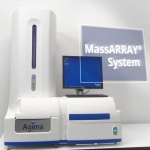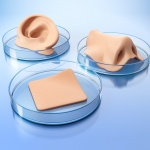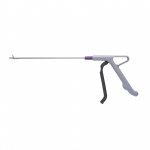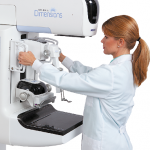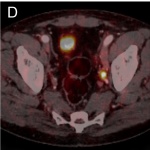
Article • Recognition in new recommendations
MRI’s role in prostate cancer diagnosis
Lars Schimmöller MD, associate professor of radiology at Düsseldorf University Hospital, tackled current diagnosis of prostate cancer (PCa) and addressed tumour detection, staging, active surveillance and recurrence during the Medica Academy session on Imaging Update. He also highlighted how MRI helps improve biopsies and avoid unnecessary surgery in PCa.



